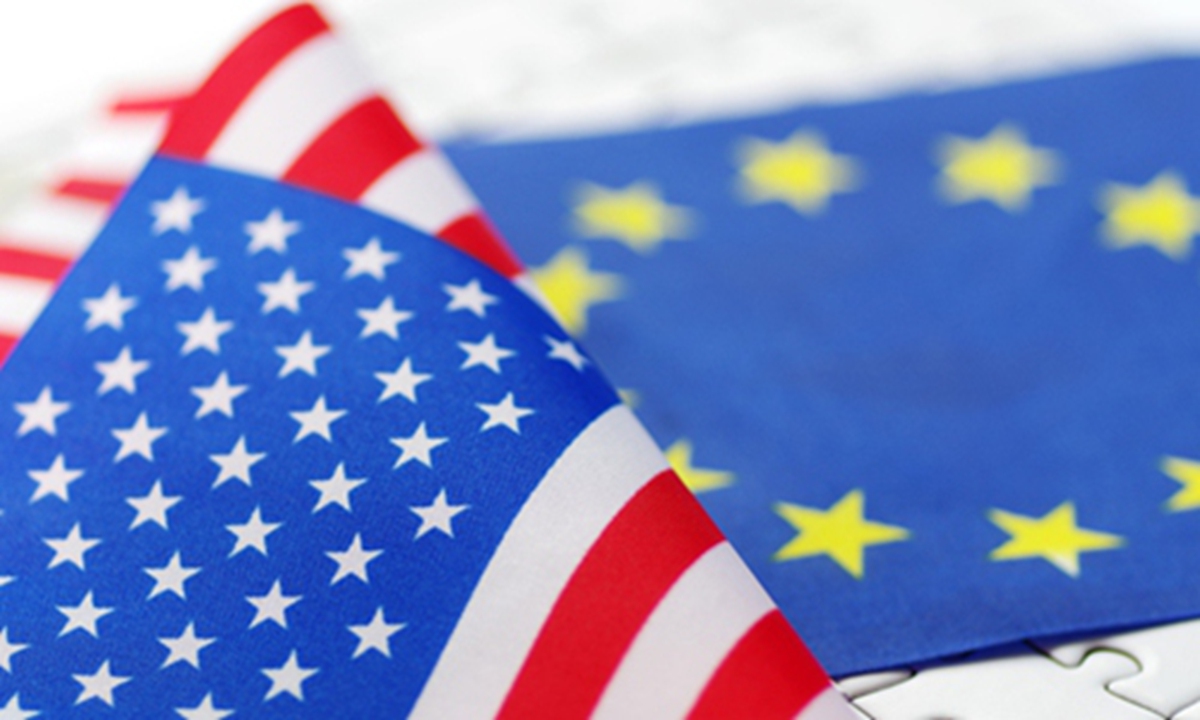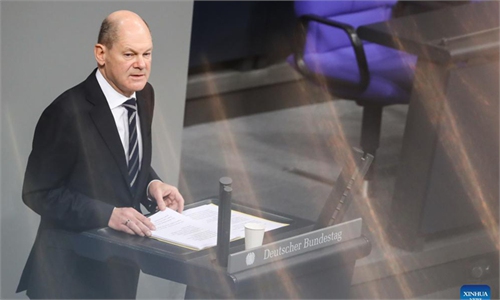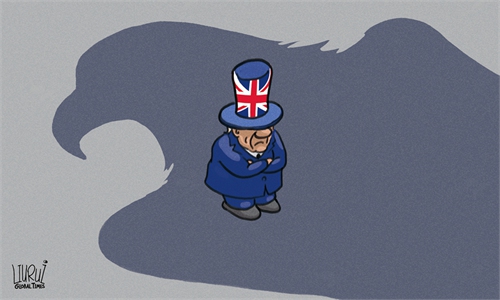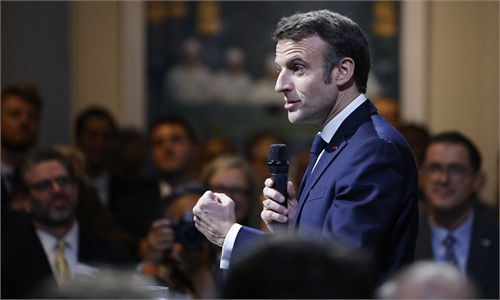
Photo: IC
If the EU wants to join the US to contain China in exchange for US concessions, their unstable and unbalanced "friendship" will only lead to the US becoming more indulgent in pursuing its own interests without taking EU's interests seriously.The third ministerial-level of the US-EU Trade and Technology Council (TTC) was held on Monday. While the US' Inflation Reduction Act (IRA) was clearly the most important point of contention at the meeting, a joint statement issued after the meeting singled out China with respect to medical technology and more obliquely on forced labor, vowing to take coordinated action to eradicate forced labor from global trade, the South China Morning Post reported on Tuesday.
It is not uncommon to see the US and the EU to mention China in their exchanges, but it is highly questionable to what extent a united front against China can help at a time when the trade dispute surrounding subsidies under the IRA between the two sides has come to an impasse. It would be naive for the EU to think it can use its China policy as a bargaining chip in exchange for any concession by the US in its protectionist moves.
Set up in June 2021, the TTC, which is supposed to serve as a forum for the US and the EU to coordinate approaches to key Trans-Atlantic trade and technology issues, focused in its first two meetings on regulatory cooperation and presenting a united front against China's "non-market economic practices." But the question is what the EU has received from these kinds of "consensus" and "cooperation."
Apparently, Europe's compromising on China policy hasn't made things easier for the bloc over the past year when it comes to defending its own interests. First of all, Europe's normal economic and trade cooperation with China has been seriously hijacked by the poisonous geopolitical atmosphere, with European companies bearing the brunt of the consequences.
Second, due to Western sanctions against Russian energy supplies, US exports of liquefied natural gas to Europe have surged, and the unreasonably high prices look like Americans profiteering over Europe's energy woes. Benchmark European natural gas was trading above $40 per million BTU while the US equivalent was under $7, according to Bloomberg.
Third, at a time when the EU is trying hard to avoid deindustrialization caused by high energy costs and high inflation, the US has introduced industrial subsidies in an apparent attempt to attract European investment and companies to restart production in the US. The move will certainly add fuel to fire as to the EU's economic predicament.
It is important to note that industrial subsidy policy concerns the major interests of the US and the EU. While during French President Emmanuel Macron's visit, US President Joe Biden said he was willing to make some changes for US allies regarding the IRA, the US is unlikely to make substantial concessions on the issue. Given the political constraints, it is impractical to change the legislation. And from the perspective of Washington's goals of rebuilding industrial chains by luring global manufacturers, it is also impossible for the US to offer the EU the same preferential terms on electric vehicles as are extended to Canada and Mexico. This is perhaps why French Finance Minister Bruno Le Maire said on Monday the best response to American IRA is a European IRA.
The economic and trade divide between the US and the EU is becoming more and more acute, which may be because of the increasingly protectionist policies in the US. If the divide is not bridged, Trans-Atlantic trade relations will not see win-win result, but only zero-sum game. For the EU that has long been advocating globalization and free trade, such scenario amounts to a big failure.
The European economy is currently facing great pressure, and it can no longer afford to follow the geopolitical gambits of the US. European countries would be wise to recognize that the most important thing now is how to make their own manufacturing sector strong and big enough to pull through the difficult period before it is too late. It is time for Europe to abandon its unrealistic illusions about Trans-Atlantic relations.



